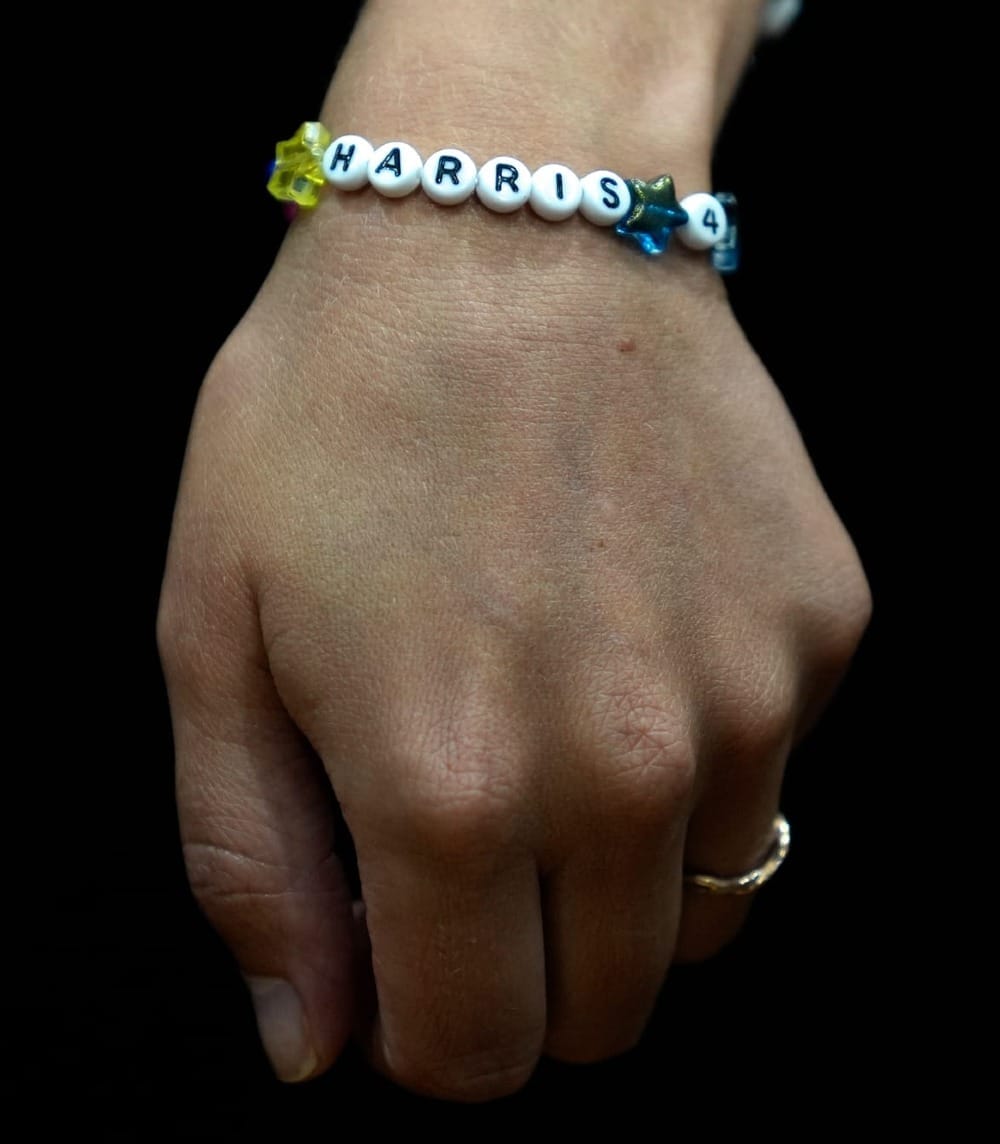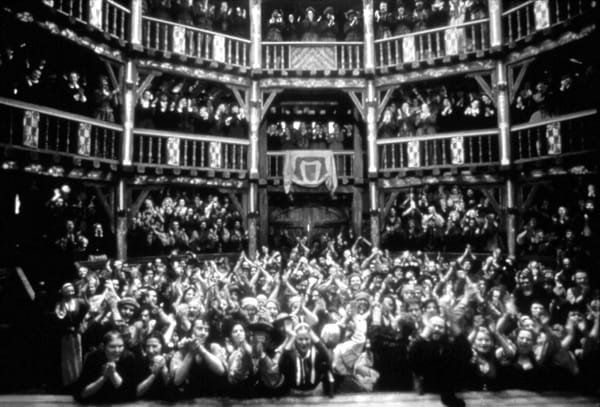‘Unity Is Key,’ They Said. Then Came The Kamala Zooms
White Dudes for Harris, Black Women for Kamala—identity politics is raising millions of dollars for the presumptive Democratic nominee. It’s a strategy no established politico would have recommended.

“White Dudes for Harris”: The title sounds deeply facetious, like a Saturday Night Live sketch rather than a Democratic strategy.
Yet Monday night’s Zoom call, which brought together thousands of men to fundraise for Kamala Harris, was anything but fantastical. Josh Groban, the musician (your mom’s favorite), rubbed online shoulders with the transportation secretary (and Harris’ potential running mate) Pete Buttigieg. The actor Mark Ruffalo tuned in alongside Tim Walz, another V.P. hopeful, and The Big Lebowski’s Jeff Bridges, a.k.a. The Dude himself. It was the world’s weirdest fantasy dinner party, but financially, it worked: by Tuesday morning, the men on the call had raised $4m for Harris’ campaign.
A week earlier, over 164,000 white women—including the veteran pop artist P!nk and the soccer player Megan Rapinoe—had briefly broken Zoom as they gathered for the same reason, generating $8.5 million in the process. Before them came Black Women for Kamala (streamed to over 90,000 participants), and Black Men for Kamala (streamed to over 50,000) both of which added substantially to the Kamala coffers.
Asian Americans, Native Hawaiians, and Pacific Islanders (AANHPIs) for Harris happened on Tuesday night; Latinos for Kamala happened on Wednesday. The phrase “united we stand, divided we fall” is, for these intents and purposes, so passé. Strategic division is getting things done.
Weaponizing identity politics
This successful weaponization of identity politics was the brainchild of Win With Black Women, an intersectional campaigning network of Black women leaders across the country, who arranged the original Zoom call in the immediate aftermath of Biden's decision to bow out of the presidential race on the evening of Sunday July 28. When over 90,000 people turned up to the call, which had been expected to gather hundreds, their feat made headlines. Some $1.6m poured into Harris’ campaign coffers over just three hours (the male-focused event made $1.3m in six.) A second online rally was scheduled for the next night, and the idea quickly spiraled out from there.
Such events may never have happened at all if the organizers had listened to veteran politicos. The Zoom calls’ success flies in the face of everything we have been told about identity politics: that it is divisive; that it is chronically online and removed from “real life”; that it is a niche interest beloved of “childless cat ladies” (as J.D. Vance might have it) who will gather to moan but never effect true change.
For years, the left has been told that unity is key, and that pursuing singular segments of the electorate won’t work. They’ve also been told that campaigning isn’t campaigning unless it’s knocking on doors. It’s all very well going viral, it has been said, but that’s not where the money comes from.





